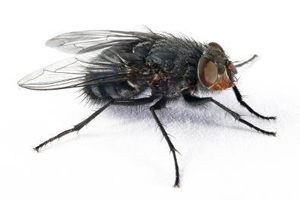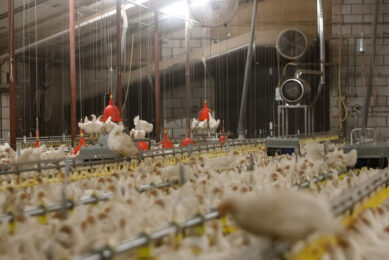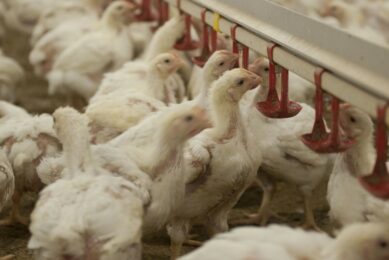New method for controlling flies on poultry farms

USPOULTRY and the USPOULTRY Foundation have completed a funded research project regarding a new method to control flies on poultry farms.
In the project, ‘Using Adult Flies as Autodissemination Vehicles to Deliver Larval Fly Control Agents’, USDA Agricultural Research Service scientists in Gainesville, Florida, developed a new method to control house fly populations on poultry farms.
The rapid development of resistance by flies to insecticides has led to an urgent need for innovative new methods of control. Dr Christopher Geden, developed a novel method to apply an insect growth regulator, pyriproxyfen (PPF), to prevent the development of fly larvae into adult flies. Dr Geden constructed a bait station that attracts adult flies, which become contaminated with PPF dust as they feed. When the flies subsequently lay eggs, they contaminate the egg-laying site with PPF which prevents the eggs from becoming adult flies.
This unique application method, which is called autodissemination, delivers the PPF directly to the site of egg and larvae development. In tests, the method has provided greater than 93% control. PPF has excellent potential for fly control on poultry farms and this new method of application holds great potential for practical use.
The project is part of the Association’s comprehensive research program encompassing all phases of poultry and egg production and processing.













